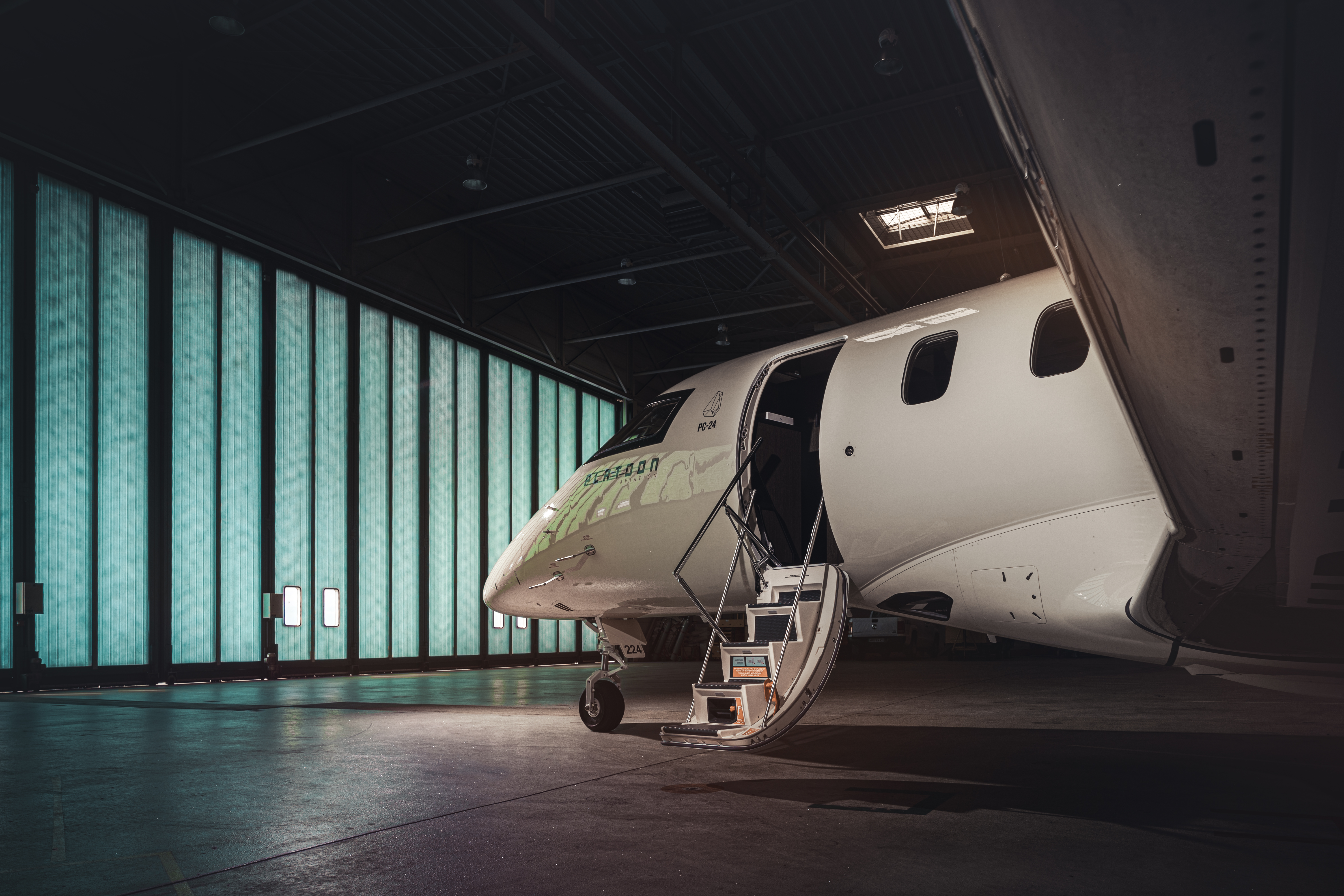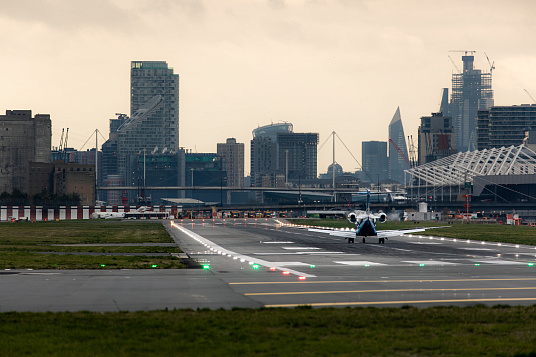Ground handling of flights

What is ground handling?
Handling companies offer a full range of services for airlines whilst acting as a single operator of all enterprises operating at the airport. Being an agent of the enterprises of the airport complex, a handling company concludes a single contract for the organization of airport and ground services with the air carriers and represents the interests of the airlines in the relations with the airport enterprises. Handling companies have a supervisory service, which coordinates all technological processes. In business aviation, there are handling agents — companies accompanying and regulating the entire procedure for servicing aircraft and passengers whilst taking into account the peculiarities of business-class aircraft and the VIP flights that they carry out.
How is the handling of business jets different from the servicing of regular aviation aircraft?
Procedures for servicing regular flights and VIP charters are carried out according to the common rules of civil aviation and include: for aircraft — ground handling at airports (refueling, filling with water, loading with on-board food, parking in a hangar, cleaning the cabin, etc.); for passengers — passport and customs control, check-in and much more.
The main differences in servicing business aviation flights are:
1. Irregularity of business flights and, as a result, operational changes in the arrival/departure time, route changes, etc.;
2. Necessity of making operational changes in the aircraft's servicing schedule;
3. English-speaking aircraft crews and, as a consequence, difficulties in dealing with airport personnel who do not speak foreign languages;
4. Possibility that members of the crews carrying out business flights have no Russian visas;
5. Increased requirements for the safety of aircraft and passengers;
6. Special requirements for on-board food both for passengers and crew members.
Agents offering handling services to business aviation carry out control and coordination of all stages of servicing the aircraft and passengers. The agent's representative (supervisor) fully accompanies the flight, starting from the receipt of permits from the Russian Federation and foreign countries for the passage and landing of the aircraft along the route and ending with prompt resolving of any arising issues related to changes in the route and obtaining the necessary permits.
Apart from the standard airport procedures, handling agents offer additional services:
1. Coordination of catering activities or self-delivery of food on board;
2. Visa support for crew members (visa formalities at the consular post at the airport) if there is a relevant agreement with the Department of Consular Service of the Ministry of Foreign Affairs of the Russian Federation;
3. Booking hotels for crew members;
4. Provision of transport for the crew and, if necessary, for passengers.
Representatives of handling services speak foreign languages, which is especially important when servicing foreign aircraft with English-speaking crews at airports that have no specialists speaking foreign languages.
What handling agents work on the Moscow business aviation market?
At present, there are a few major handlers operating in the Moscow air hub: VIPPORT, Center for Civil Aviation Services RusAero, Streamline OPS and FERAS Inc. (Far East Russia Aircraft Services).
Are there any handling agents in major Russian air hubs?
In most large Russian cities, VIP aviation handling agents have their own representatives on ground handling of business-class aircraft. For example, RusAero has an official representative office in St. Petersburg — Pulkovo Aircraft Services — as well as representatives in many Russian airports.
How is Russian handling different from abroad?
Unlike foreign airports, where payment for the servicing of aircraft and passengers can be made by a crew member using a card or cash, payment procedures at Russian airports are more complex. This is due to the fact that, apart from the airport itself, in its premises services are provided by other legal entities as well (fuel companies, companies providing on-board food, etc.), with which it is necessary to conclude service contracts.


